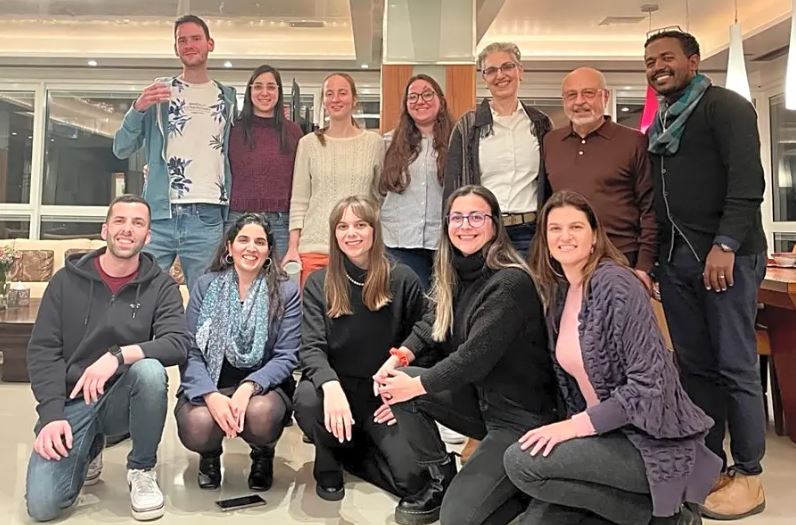David & Laura Merage Foundation Support Ben-Gurion University

The David & Laura Merage Foundation and Merage Foundation Israel have granted $100,000 to Ben-Gurion University in the Negev to create smart autism day care centers throughout the state of Israel. American Associates, Ben-Gurion University of the Negev, provided a more detailed article of how crucial this program and the funding it received will be for autism research.
We are so grateful to the Merage Foundation who recognized the urgency to fund this project due to the COVID-19 crisis, when it hasn’t been possible to directly diagnose or treat children with autism. The grant will fund audiovisual technology and software to help clinicians and therapists remotely track children’s behavior and quantify the severity of autism symptoms over time.
Professor Dinstein, Ben-Gurion University

David and Laura Merage are dedicated philanthropists to the state of Israel and are extremely committed to the growth of the Negev. I am privileged to know them and thank them for their incredible generosity on behalf of children with autism.
Doug Seserman, Chief Executive Officer, American Associates, Ben-Gurion University of the Negev (AABGU)

We are proud to support this groundbreaking innovation emerging from the Negev region to improve the lives of children with autism around the world. This project envisioned by Prof. Dinstein and his team has the potential to further improve early behavioral treatment for toddlers with autism by enabling the clinical team to build the most effective personalized program for each child.
David Merage, Business Owner & Philanthropist
Professor Dinstein and his colleagues at BGU and Soroka are known pioneers within the field of autism research. BGU was selected by the Israeli government to lead and develop the National Autism Research Center of Israel. Dinstein and his team have developed software tools to analyze recordings taken of these children and extract facial expressions, eye and body movements, and their vocalizations/speech. As children with autism tend to produce fewer facial expressions and body movements, these studies can help with early interventions that could reduce autism symptoms.


